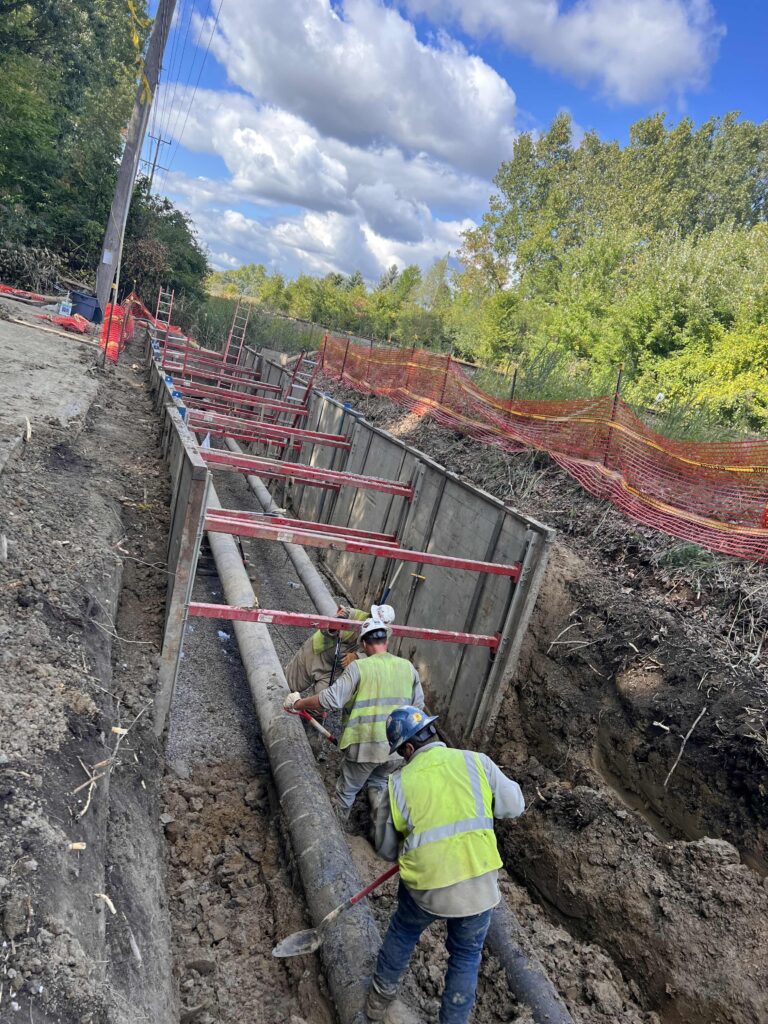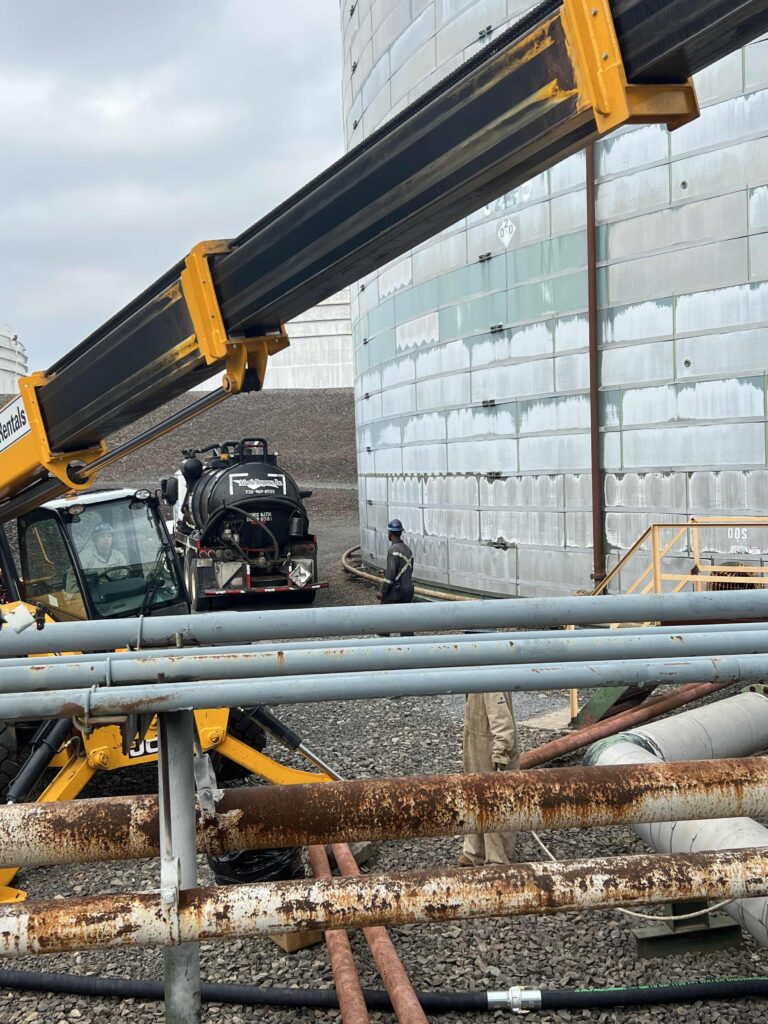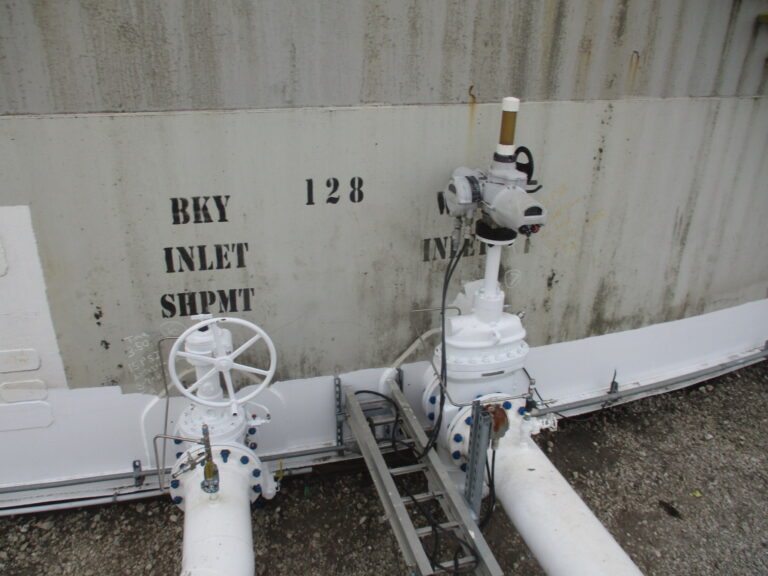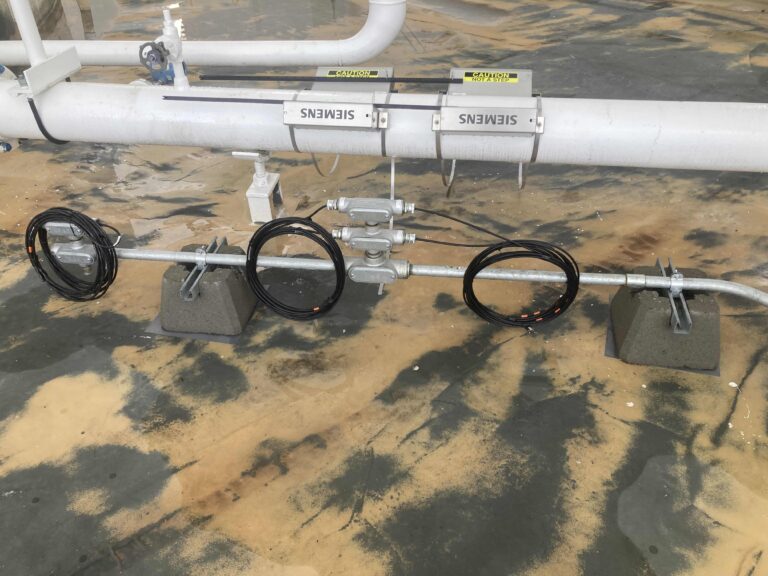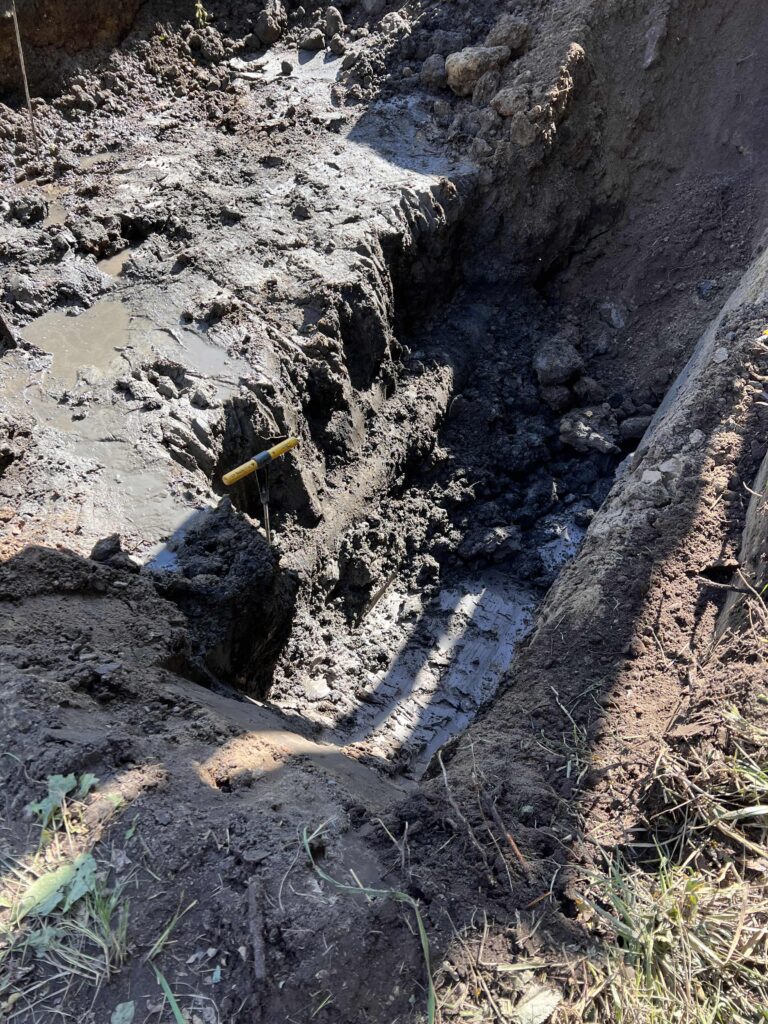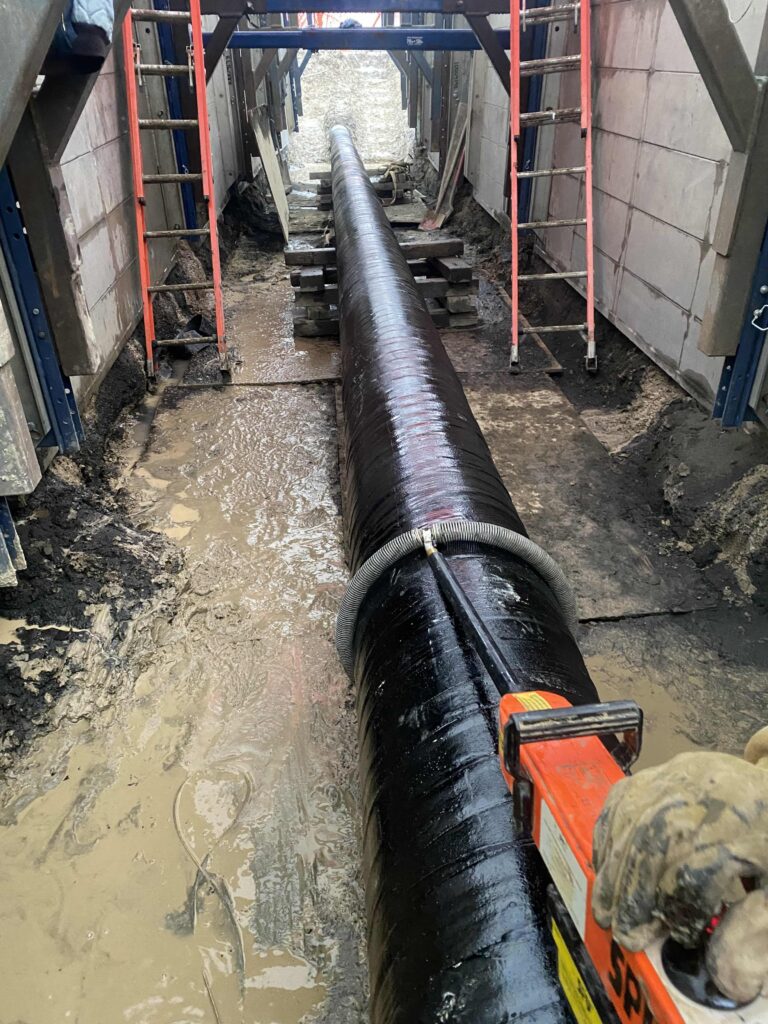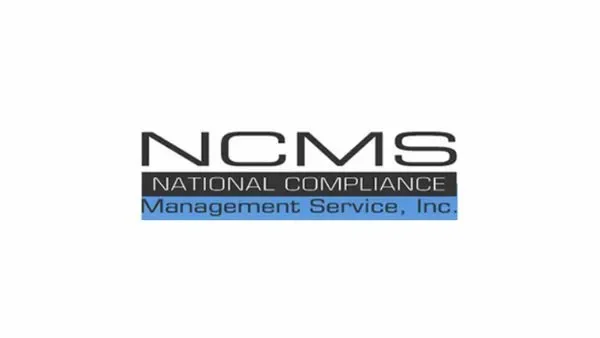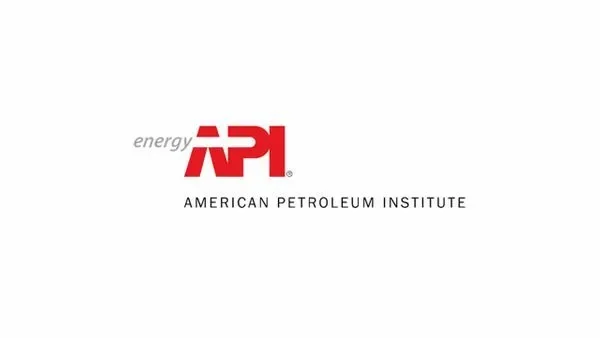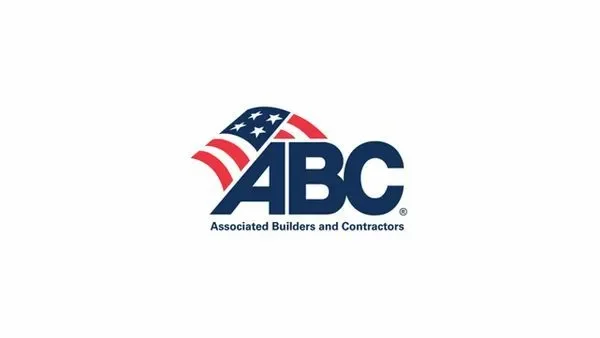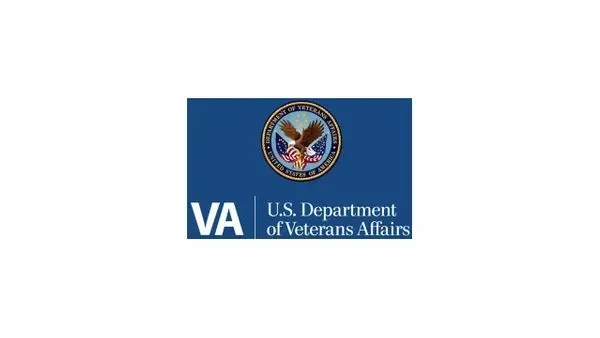NCCER Training for Oil and Gas Industry Professionals
Introduction
NCCER training for oil and gas industry professionals is critical for maintaining high standards of safety, efficiency, and compliance. At Spyglass Solutions, we offer comprehensive NCCER training programs designed to equip professionals with the skills and knowledge required to excel in the petrochemical sector. This blog explores the importance of NCCER training and its benefits for oil and gas industry professionals.
Understanding NCCER Training
Standardized training and certification programs developed by the National Center for Construction Education and Research (NCCER) are crucial for oil and gas industry professionals. These NCCER programs are designed to meet the rigorous demands of the industry, ensuring that workers are well-prepared for their roles.
What is NCCER?
NCCER is a non-profit organization that develops standardized construction and maintenance curriculum and assessments. The organization’s mission is to build a safe, productive, and sustainable workforce by providing training and certification recognized across the industry.
Benefits of NCCER Certification
The benefits of obtaining NCCER certification include enhanced job prospects, increased safety awareness, and improved job performance. Certified professionals are acknowledged for their expertise and commitment to industry standards.
Importance of NCCER Training for Oil and Gas Professionals
Training for oil and gas industry professionals through NCCER is essential for ensuring that workers possess the skills and knowledge needed to perform their jobs safely and effectively.
Enhancing Safety Standards
Enhancing safety standards is a primary focus of NCCER training. The programs emphasize best practices and safety protocols, reducing the risk of accidents and injuries on the job.
Improving Job Performance
Improving job performance is another significant benefit. NCCER training provides workers with the technical skills and knowledge needed to perform their tasks efficiently and accurately.
Ensuring Regulatory Compliance
Ensuring regulatory compliance is crucial in the oil and gas industry. NCCER training ensures that workers are aware of and adhere to industry regulations and standards, preventing costly fines and legal issues.
Key Components of NCCER Training Programs
Training for oil and gas industry professionals includes a range of modules and assessments developed by NCCER, designed to cover all aspects of the industry.
Core Curriculum
The core curriculum provides foundational knowledge and skills, covering topics such as safety, communication, and employability skills. This curriculum is essential for all NCCER training programs.
Specialized Training Modules
Specialized training modules focus on specific areas of the oil and gas industry, such as pipefitting, welding, and heavy equipment operation. These modules provide in-depth training tailored to the needs of the industry.
Performance Evaluations
Performance evaluations are a key component of NCCER training. These assessments ensure that workers can apply their knowledge and skills in real-world scenarios, demonstrating their competency.
Implementing NCCER Training in Your Organization
NCCER training for oil and gas industry professionals can be implemented in your organization to enhance workforce skills and productivity.
Assessing Training Needs
Assessing training needs involves evaluating the current skills and knowledge of your workforce. This assessment helps identify areas where NCCER training can provide the most benefit.
Developing a Training Plan
Developing a training plan involves outlining the specific NCCER training modules and assessments that will be implemented. This plan should be tailored to the needs of your organization and workforce.
Delivering Training Programs
Delivering training programs can be done through various methods, including in-person classes, online courses, and hands-on workshops. Choose the delivery method that best fits your organization’s needs and resources.
Success Stories from NCCER Training
Numerous success stories highlight the positive impact of NCCER training on oil and gas industry professionals, showcasing its benefits for workforce performance and safety.
Enhanced Safety Compliance
Enhanced safety compliance is a common outcome of NCCER training. Organizations report a significant reduction in accidents and injuries after implementing NCCER training programs.
Improved Job Performance
Improved job performance is another success story. Workers who complete NCCER training are more efficient and accurate in their tasks, leading to increased productivity and job satisfaction.
Choosing the Right NCCER Training Provider
NCCER training for oil and gas industry professionals requires selecting the right training provider. Here are some tips for choosing the best provider for your needs.
Evaluate Experience and Expertise
Evaluate the experience and expertise of potential training providers. Look for providers with a proven track record in delivering NCCER training and a deep understanding of the oil and gas industry.
Assess Training Methods
Assess the training methods used by potential providers. Ensure they offer flexible delivery options, including in-person, online, and hands-on training, to meet the diverse needs of your workforce.
Consider Customization Options
Consider the customization options available. Choose a provider that can tailor their training programs to meet the specific needs of your organization and workforce.
Conclusion
NCCER training for oil and gas industry professionals is essential for maintaining high standards of safety, efficiency, and compliance. At Spyglass Solutions, we are committed to providing top-notch NCCER training programs that equip your workforce with the skills and knowledge they need to excel. Contact us today to learn more about how our training solutions can benefit your organization.

